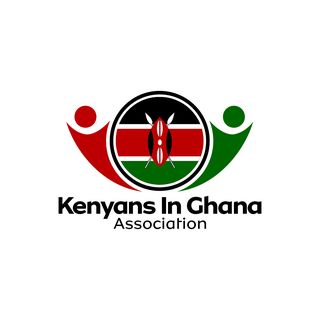- +233 24 646 8755 | +233 54 896 1010
- [email protected]
- 54, Dzrasee Street, Accra, Ghana
KGA Code Of Conduct
KGA Code of Conduct
1. Anti-Harassment
A KGA official must not engage in any intimidating, harassment, discriminatory, abusive, derogatory, or demeaning speech or actions (“harassment” includes, but is not limited to: communication or conduct that a reasonable person in the individual’s circumstances would consider unwelcome, intimidating, hostile, threatening, violent, abusive or offensive, such communication may be related to gender, gender identity and expression, sexual orientation, disability, national origin, race, age, religion; it also includes stalking, following, harassing photography or recording, sustained disruption of talks or other events, inappropriate physical contact, and unwelcome sexual attention).
2. Principles of Proper Conduct
It all comes down to respect. Respect for one another as individuals, respect for the validity of different opinions, respect for the democratic process, and respect for the community that we serve.
Proper conduct is:
- Keeping promises
- Being dependable
- Building a solid reputation
- Participating and being available
- Demonstrating patience
- Showing empathy
- Holding onto ethical principles under stress
- Listening attentively
- Studying thoroughly
- Keeping integrity intact
- Overcoming discouragement
- Going above and beyond, time and time again
- Modeling a professional manner
Proper conduct IS NOT:
- Showing antagonism or hostility
- Deliberately lying or misleading
- Speaking recklessly
- Spreading rumors
- Stirring up bad feelings, divisiveness
- Acting in a self-righteous manner
3. Checklist for Monitoring Conduct
- Will my decision/statement/action violate the trust, rights, or good will of others?
- What are my interior motives and the spirit behind my actions?
- If I must justify my conduct in public tomorrow, will I do so with pride or shame?
- How would my conduct be evaluated by people whose integrity and character I respect?
- Even if my conduct is not illegal or unethical, is it done at someone else’s painful expense? Will it destroy their trust in me? Will it harm their reputation?
- Is my conduct fair, just, or morally right?
- If I were on the receiving end of my conduct, would I approve and agree, or would I take offense?
- Does my conduct give others a reason to trust or distrust me?
- Am I willing to take an ethical stand when it is called for? Am I willing to make my ethical beliefs public in a way that makes it clear what I stand for?
- Do I exhibit the same conduct in my private life as I do in my public life?
- Can I take legitimate pride in the way I conduct myself and the example I set?
- Do I listen and understand the views of others?
- Do I question and constructively confront different points of view?
- Do I work to resolve differences and come to a mutual agreement?
- Do I support others and show respect for their ideas?
- Will my conduct cause public embarrassment to someone else?
4. Sanctions
Repeated violations of the KCA Code of Conduct, the Board can take the step of recommending the removal of an official under KGA Bylaws.
